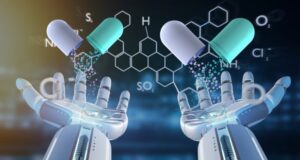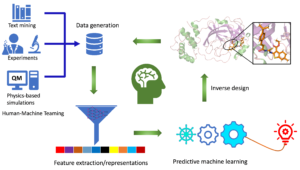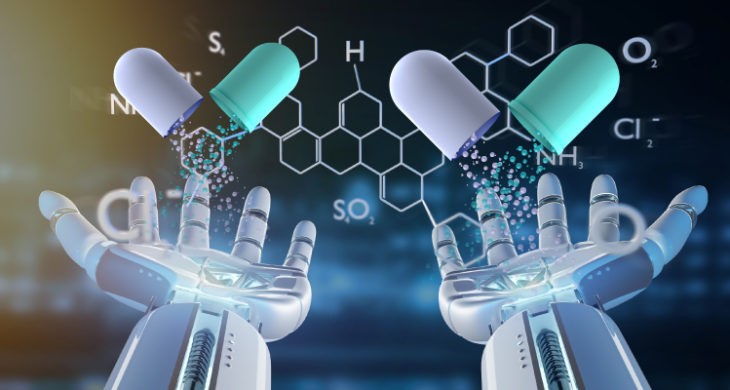Introduction
In the dynamic world of pharmaceuticals, artificial intelligence (AI) and machine learning (ML) have emerged as powerful tools. Their impact extends far beyond theoretical concepts, revolutionizing drug discovery and development. In this comprehensive blog, we’ll explore the latest trends, breakthroughs, and practical applications of AI in healthcare.

1. AI in Drug Discovery: Beyond Proof-of-Concept
Accelerating Drug Development
AI has transcended the proof-of-concept stage. Researchers now harness its capabilities to accelerate drug development. ML algorithms analyze vast datasets, identifying potential drug candidates and predicting their behavior. This efficiency reduces the time required for preclinical and clinical trials.
Cloud-Based Experimentation
Cloud platforms enable collaborative research. Scientists leverage AI for knowledge ingestion, hypothesis generation, and virtual experimentation. The cloud facilitates data sharing, allowing researchers worldwide to collaborate seamlessly.
2. Generative AI for Molecular Design
Unleashing Novel Molecules

Generative AI transforms molecular design. By analyzing existing structures, it predicts novel molecules with specific properties. For instance, researchers at the University of Oxford used generative AI to discover antimicrobial candidates. These molecules may not have been conceived through traditional methods.
3. AI-Enhanced Scientific Simulations
Simulating Molecular Interactions
AI enhances scientific simulations, providing insights into drug behavior. Researchers simulate molecular interactions, predicting drug efficacy, toxicity, and side effects. These simulations guide drug optimization and safety assessments.
4. Retrosynthesis Planning with AI
Efficient Synthesis Pathways
Retrosynthesis planning involves breaking down complex molecules into simpler building blocks. AI algorithms predict viable synthetic routes, aiding chemists in designing efficient pathways. This streamlines drug synthesis and reduces costs.

